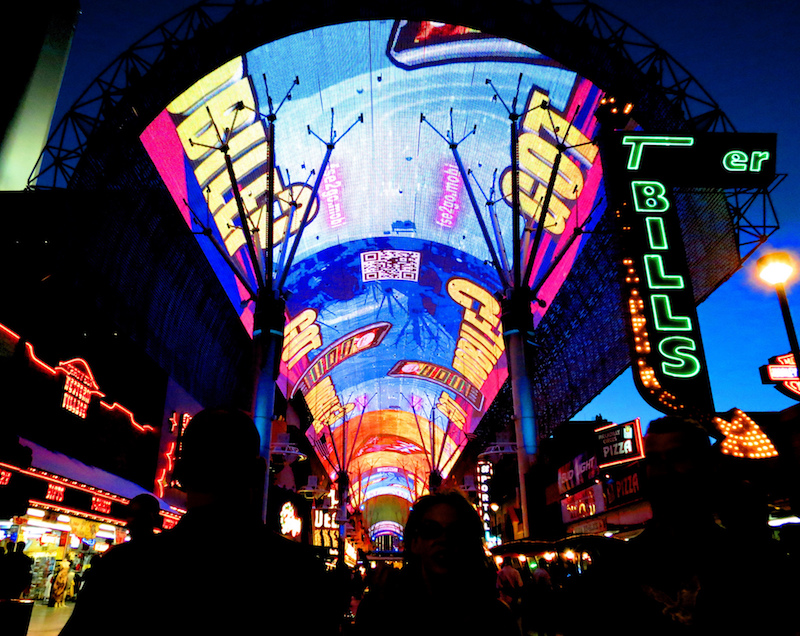From a very long essay that probes human nature and coordination problems, here’s a passage about gambling, random initial conditions, and the resultant perverse incentives:
“Las Vegas doesn’t exist because of some decision to hedonically optimize civilization, it exists because of a quirk in dopaminergic reward circuits, plus the microstructure of an uneven regulatory environment, plus Schelling points. A rational central planner with a god’s-eye-view, contemplating these facts, might have thought ‘Hm, dopaminergic reward circuits have a quirk where certain tasks with slightly negative risk-benefit ratios get an emotional valence associated with slightly positive risk-benefit ratios, let’s see if we can educate people to beware of that.’ People within the system, following the incentives created by these facts, think: ‘Let’s build a forty-story-high indoor replica of ancient Rome full of albino tigers in the middle of the desert, and so become slightly richer than people who didn’t!'”
I’ve been to Las Vegas. It is perhaps the most surreal, dystopian place that I’ve ever seen. (Obviously there are much worse cities with equal aesthetic impact, but I haven’t personally visited them.) I guess that’s what you should expect from a metropolis developed by mafia cartels?
The Vegas sky blares with neon lights; the inside of every building is coated with cigarette grime. Elderly immigrant women stand on the sidewalk, wearing yellow shirts that advertise escort agencies, and slap their fliers against their palms. The drinks are huge, just as neon as the billboards. The casinos all have different exterior themes, but inside the slot machines are the same.
Walking up and down the Strip, every kind of advertisement is incessant, and you can spend copious amounts of money as pointlessly as you want.

Photo by Matthew Straubmuller.
Of course, I have to wonder — are my objections to Las Vegas’ tourist culture classist? Plenty of people enjoy it. They go there on purpose, spend their money on purpose, and come back next year. Yes, the city is ecologically terrible — all that decadence in a desert is obscene — but San Francisco features a greater number of miserable humans camping on the street. Let she who is without sin cast the first stone, etc.
Maybe the reason why I don’t like Vegas is that it caters to people who aren’t bourgeois intellectuals, which is the snobbiest possible way for me to describe myself, but still pretty accurate.
Maybe I’m unconsciously writing all of this as a way to signal “virtue” as perceived by members of my ideological tribe. I’m not into conspicuous consumption, so I’m “good” by the norms established in my social sphere. Never mind how odd my own conspicuous information habits look to other groups.
The larger point of the passage I quoted at the beginning is that people follow their incentives, even if their choices seem silly or tragic when analyzed from a great height. Sometimes incentives are really obvious, albeit in an absurd way — whoever builds the most ostentatious casino will profit — and sometimes incentives are expressed through social compulsions that don’t make 100% sense.
(PS: Schelling points are “focal point[s] for each person’s expectation of what the other expects him to expect to be expected to do” — more on Wikipedia.)

